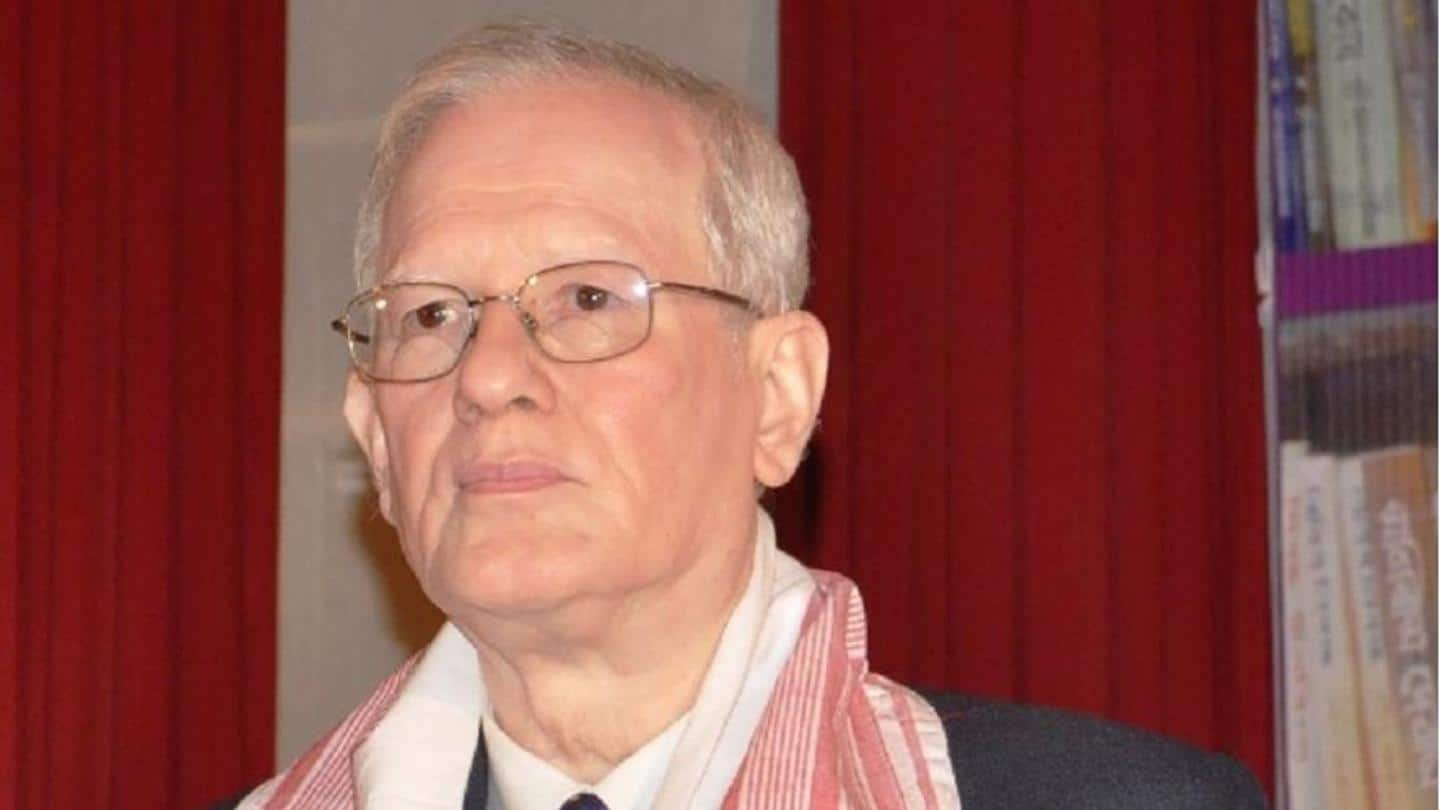
Former Assam DGP brings state's unique landscape alive in anthology
What's the story
Noted writer and former Assam DGP Harekrishna Deka brings alive the unique landscape of the state and different aspects of the society in unforgettable images through 13 of his stories which are part of a new anthology in English. Guilt And Other Stories has been translated by novelist Mitra Phukan and published by Speaking Tiger Books.
Details
Some stories are realistic fiction, others are experiments in narration
While some of these stories, written across several decades, are realistic fiction, others are experimental in form and narration. The time span starts in the nineties of the last century with Guilt and ends in 2015 with Love: An Essay. According to Phukan, Deka considers himself to be primarily a poet and came to the short story genre later.
Stories
Situations are completely realistic, plotting is classic: Phukan
"The first few stories have an intricate detailing of characters, their motivations, and actions. The situations are completely realistic, and the plotting is classic," she says. "Over the years, there is a definite change in the way the narrative is propelled. The characters are still interesting, the plotting is still careful and logical, but the stories become more inward looking," she adds.
Quote
There is more symbolism in the stories: Phukan
"There is more symbolism in them, and often the characters, while being believable, and individuals in their own right, also stand for something other than themselves," she said. Phukan finds a great deal of variety in the stories - of theme, settings, and characters.
Characters
The characters have an appeal that is universal: Phukan
Phukan said, "Each tells the story of individuals from different milieus, with dissimilar concerns and lives." "Together, they give a picture of this land, Assam, across distinct social strata, and in varied situations. And yet the characters and their dilemmas have an appeal that is universal, and will surely touch a chord in every reader," she added.
Stories
'The Temple' examines how society and religion create the 'other'
In the title story, an old woman, the only eyewitness to a crime, is forced to confront her own role in a long-forgotten murder, and the guilt that has lain dormant in her for years rears its monstrous head. The Temple examines how society and religion create the "other," and what happens when the marginalized refuse to lurk at the edges.
Information
Deka received Sahitya Akademi award in 1987 for 'Aan Ejon'
The Captive takes the reader through the forests that were once the refuge of militants as it tells the story of a kidnapped man and his unfathomable empathy with his captor. Deka received the Sahitya Akademi award in 1987 for his poetry collection Aan Ejon.